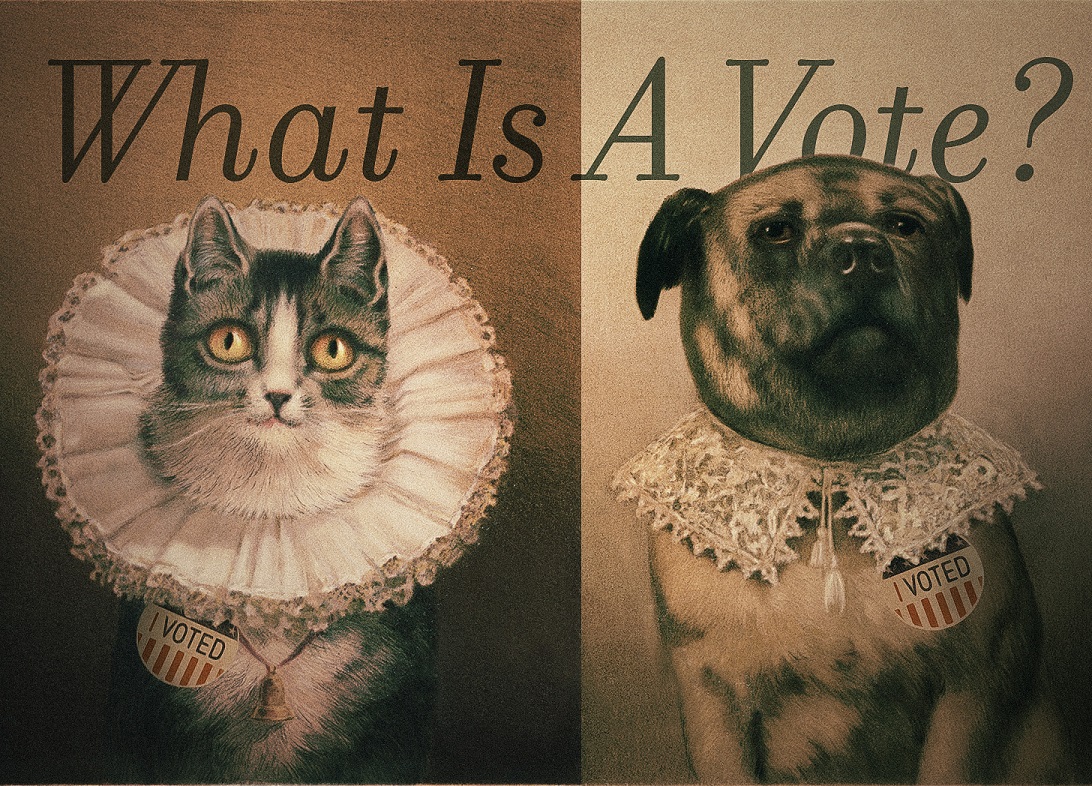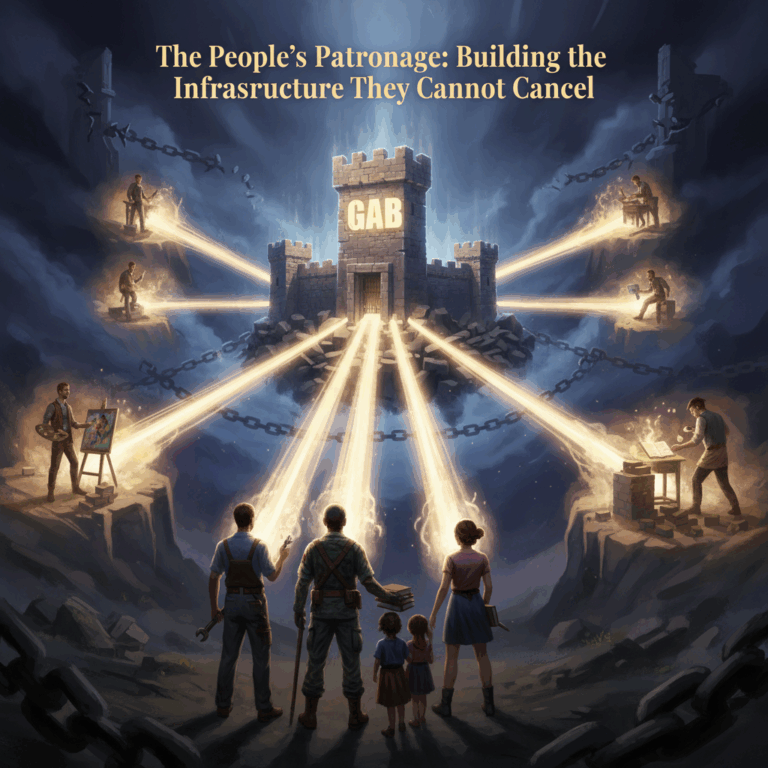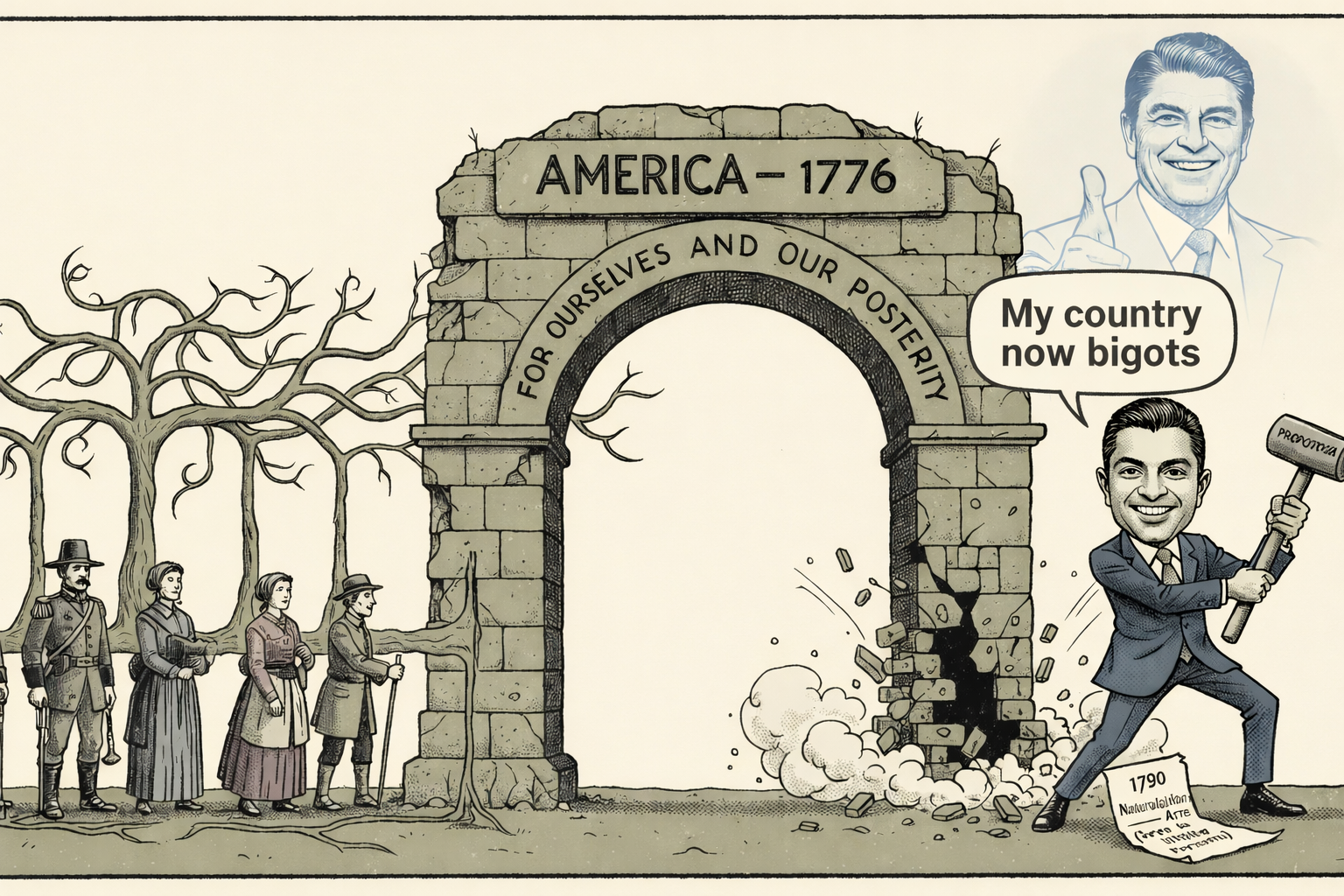Electing Our Identity
by John Heers, First Things Foundation
It’s an interesting thing when you think about it, voting. Modern American voting is a gesture made publicly that puts your name close to a person and the things they believe. “I back that person, I am for that policy.” Voting in the New World, in modernity, is something like an act of being. I am a person with power. I vote. In America, we are about to enter another presidential voting cycle. Perhaps it is the right time to look at voting, Old World and New.
What is voting, and should we even bother?
This is the fifth article in a Substack series, republished on Gab News.
From the American Psychological Association, and University of Minnesota, we find a PhD named Paul E. Meehl telling us about why humans like to vote.
First, Meehl tells us that many see voting as a form of altruism, a good action. A righteous moment. Second, Meehl associates voting with peer pressure. Many of us vote to be noticed and not be left out. Another reason we vote, he says, is something called “voter’s illusion.” This phenomenon he points to as a type of egocentrism, where my decision to vote will push others to do the same. As the 80’s pop song says, “I’ve got the power!”
Another thing Meehl points to as a reason we cherish voting is its relationship to self-expression. Voting is an act of showing people you matter, positing to others the kind of person you are. He tells a story of a newly released convict who repeatedly tried to vote. The man stood in line for hours with his young children in tow and was turned away twice before voting officials verified that his voting rights had been restored. He was a good man after all.
Membership in society is a big reason people vote, or so it seems. Voting tells you that you are real, and that you are someone that matters.
But do you matter because you vote? Really? Voting seems tied to ontology in the New World. But is it? And how would pre-Enlightenment Old World people understand the vote?
In most Old World societies, the answer to the “do you matter?” question is no. No, you don’t matter much. As a political participant, as a reliquary or repository of important things, you don’t matter much. In the Old World, having something to say was mostly reserved for people born a certain way.
But this is not to say that you, a person of old, didn’t matter at all. There was meaning in your bones, but as an essential cog in the political machine called government, you weren’t worth much. No one cared much that you wanted to add your singular and beautiful stitch to some democratic quilt of collected truth.
Truth didn’t depend on you.
Today it does. The collective will is the weather vane of modernity. It’s how we know what is good. In the Old World, for the most part, what was good was found in revelation. It was revealed to the collective in the stories they told themselves about God (and the gods).
Let me illustrate with a personal story.
In the early 1990s, Mali, a country in West Africa, was undergoing a great revolution. It was removing a president who had been in office since 1968. That president’s name was Moussa Traore. Mr. Traore was corrupt, at least by democratic standards set by western political operatives. He faked elections and imprisoned students who marched against him. As a Peace Corps worker there at the time, I watched more than a few of those marches. In fact, once I joined a march, and was promptly pulled out of that march at gunpoint, by a truckload of soldiers who didn’t like the foreign interloper lending a hand to the feverish and righteous students. My two American buddies and I spent a day in a Malian jail for joining that march. All of us were questioned in separate jail cells, each of us asked about guns and why we were in the capitol, where we grew up and why we spoke the local language, Bambarra. The last part, speaking the local language and better than the colonial French, that got me clear of any further trouble. The gendarme didn’t know what to make of us. In the end our incarceration turned into a simple shakedown for a bribe. It worked. We paid. My offering turned out to be my American-style baseball hat. Altogether we paid about $75 dollars. Even today, however, I realize that it was my democratic impulse that put me behind bars.
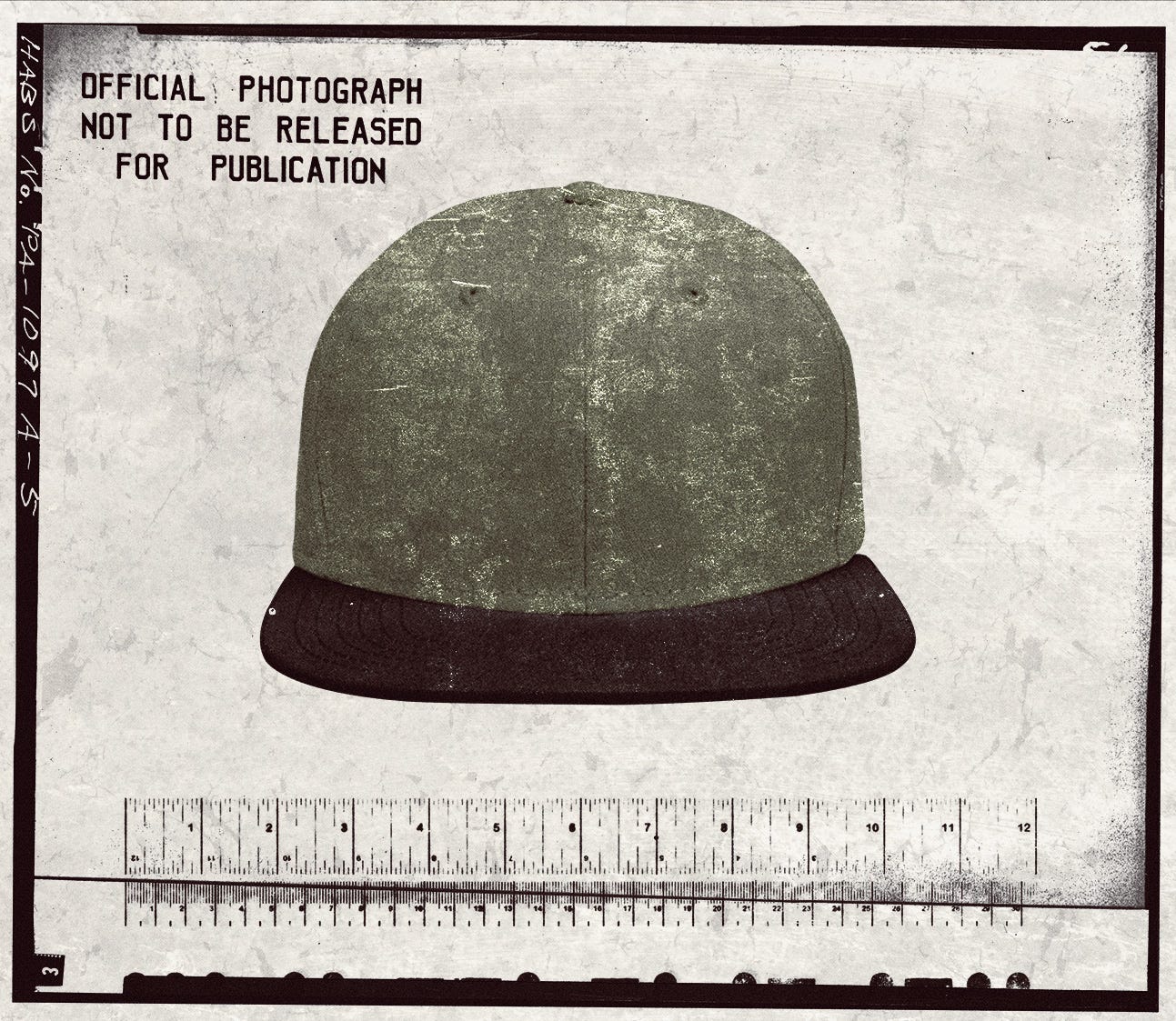
Traore was eventually captured by one of his own army officers and sentenced to death, along with his unsavory wife, Miriam. Eventually a new military man took over and Mali adopted certain democratic reforms. Voting was protected and extended to the common people and a certain kind of representative inertia set in.
But in the village I called home back then, the first election came and went, with no one voting in the rescheduled elections. Well, that’s not true. Everyone voted, all at once, aided by the chief, a skinny, wonderful man named Dugutiki Mouro. Dugutiki made sure all the votes were for the same candidate, the one he had picked, and the one his family aligned with ethnically. My adopted African village voted like a late 19th century American family voted: As a block, as a unit. In that sense no one voted and everyone voted. The chief pulled the ballot lever on our behalf because he was our father.
When I asked Oumo, my adopted mother in the village, why no one got to vote, she said, “Why would I do that? That’s not my business.”
I asked her what her business was. She said, “Making tiga diga na (peanut soup). Dugutiki’s business is to vote.”
That was odd to me then. Her business was peanut sauce, and the chief’s business was her vote. But it is clear to me now that the reason Dugitiki Moro voted and Oumo didn’t is because he was the icon of collective wisdom, he was the very repository of the ancestors, of the ancient things, of all that was known as good in that little village. He was the public informer, the one with the information for all those Malinke people known by the last name “Kamara.”
Tiga diga na, my favorite food ever, that was not for the chief, not his bag, not his specialty.
In history you see many instances like the one I’ve shared above, even in places and traditions you might not think to find them. For example, in ancient Greece the people we’ve been taught to associate with democracy and the system of government which we now call our own, even they had odd ideas about voting and its relevance to the individual.
First, the great philosophers of Greece, nearly without exception, feared and loathed democracy as a system of governance. Plato’s Republic shares endless warnings about the destruction democracy would bring to a coherent society. He talks about how dogs would eventually gain rights, and men and women would become united in their appearance, and children would fall prey to immoral adults.
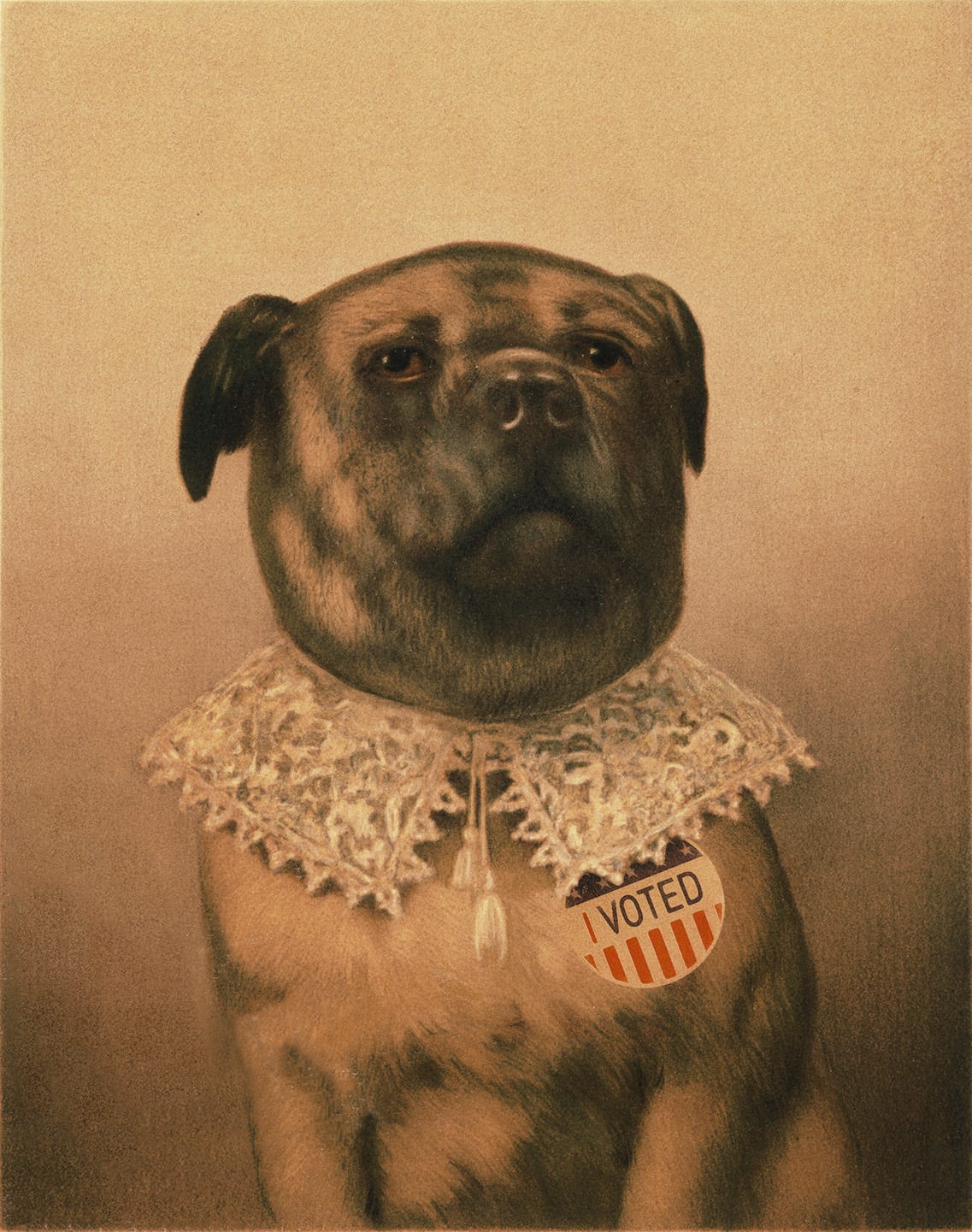
Second, there was a period of time in ancient Greek history when Democracy was ascendant. The Golden Age of Athens, sometimes called the Age of Pericles, the height of democratic Greece, lasted about 20 years. The entire democratic experiment lasted, depending on how you measure it, not more than 150 years. Democratic Greece has a short history. But Greece as a spirit, as a place, has a 3,000 year history.
Of those 3,000 years, nearly 1,700 were spent with Greeks calling themselves Christian. From 311 AD until after World War II, if Greece could be called a unified place, it was called a unified Orthodox Christian place. And what did the Christian Greeks think of democracy during this period? How did Christian Greeks view the vote? Surely, they were more open to democracy as Christians, as free thinkers trying to acquire the collective will of the people? Surely Constantine and all of those Byzantine leaders that came after him valued democracy and self-expression and the beauty of a free electorate? I mean, Pericles the Golden Greek, didn’t he basically invent the vote? Surely these Christian Greeks loved democracy?
Yeah, not so much.
You see, Greeks from places you may have heard of before (Corinthians from Corinth, and Thessalonians from Thessaloniki, etc.), all of them, and all of their leaders, without exception, chose to skip the whole democratic experiment thing and instead embrace various versions of monarchy. For more than 1,700 years Greek people chose to forget their democratic heritage. Greeks chose to employ a type of government where the common man and woman didn’t vote as independent agents. Byzantine politicians didn’t care much for our pithy peasant opinions. They just left us to make peanut sauce. Yet these were Greeks! These were people of the people, demos lovers, the democratic OGs. Why wouldn’t they let us regular people chime in? Why wouldn’t they give us a voice? Why didn’t they let us know that we matter?
The answer, I think, is not the one given in our New World textbooks, which goes something like, “The Middle Ages was a patriarchal and autocratic age where leaders controlled the populace out of fear and a lack of respect for the voice of the individual.” I don’t think that is the answer.
The best way to understand the Old World and voting is that self-expression and self-worth weren’t found in the machinations of politics. They were found in the machinations of Church and the God with whom you shared a life. To be a person was to be in communion with God first, and after that with family and society. Of course, this was made easier when you account for the uniformity of culture. The emperor’s God was also your God. In this way everyone was being informed by the same revelation. This meant that a person, a singular voice, didn’t need to inform the body politic of his or her views, what was needed from you was repentance and in the case of the Byzantines, reverence for the risen Christ. Offering this made you a human of note. It gave you agency.
But wait. This story has a most interesting twist I think, and a twist that is very, very informative. Democracy did come back to Greece. In fact, looking back at history, the practice of voting and republicanism came back with a vengeance, but it wasn’t the Greeks who brought sexy back.

That history remix is brought to you by the United States of America, with a little help from their pals, the French. Americans of clear deistic pedigree forged a nation of self-obsessed voters that rival no other nation in democratic history. Orthodox New Worlders built our national monuments to voting, not Orthodox Christians. Orthodox Materialists built a “democratic” internet, not Orthodox Christians. And these New World scions (think Jefferson, Hamilton, Franklin, Paine and others), they had help from a Protestant mindset that valued the individual over the collective. The Deism of the materialists and the individualism of the Calvinists were just the primordial mix able to give birth to a unique democratization of a brave New World. It was this once-in-an-eon brew of Protestantism and Deism that could bring sexy “Golden Age” Greece all the way back.
There is evidence of this at election time when the “I voted” sticker is trotted out for all to see. That sticker is the new Ash Wednesday forehead blessing. And if you don’t know what the Ash Wednesday forehead blessing is… point made. Voting is simply a secular sacrament. The last vestige of communion, the way to become whole and meaningful and a “somebody.”
To summarize, when we moderns vote we assert something like our being. We become somebody. In the Old World, the vote, if there was one, was done as a block, one person voting for all the others. And in the world of ancient Christianity, individual voting wasn’t even a thing. Membership in the community was found in communion, as in approaching the cup. None of this is to say you shouldn’t vote. Soon you’ll be faced with a tough question about which septuagenarian secularist to vote for (I recommend neither). No, this article is just a way to contemplate the things we moderns often take for granted. From whence comes wisdom?
This article originally published on Substack on August 15, 2023.



